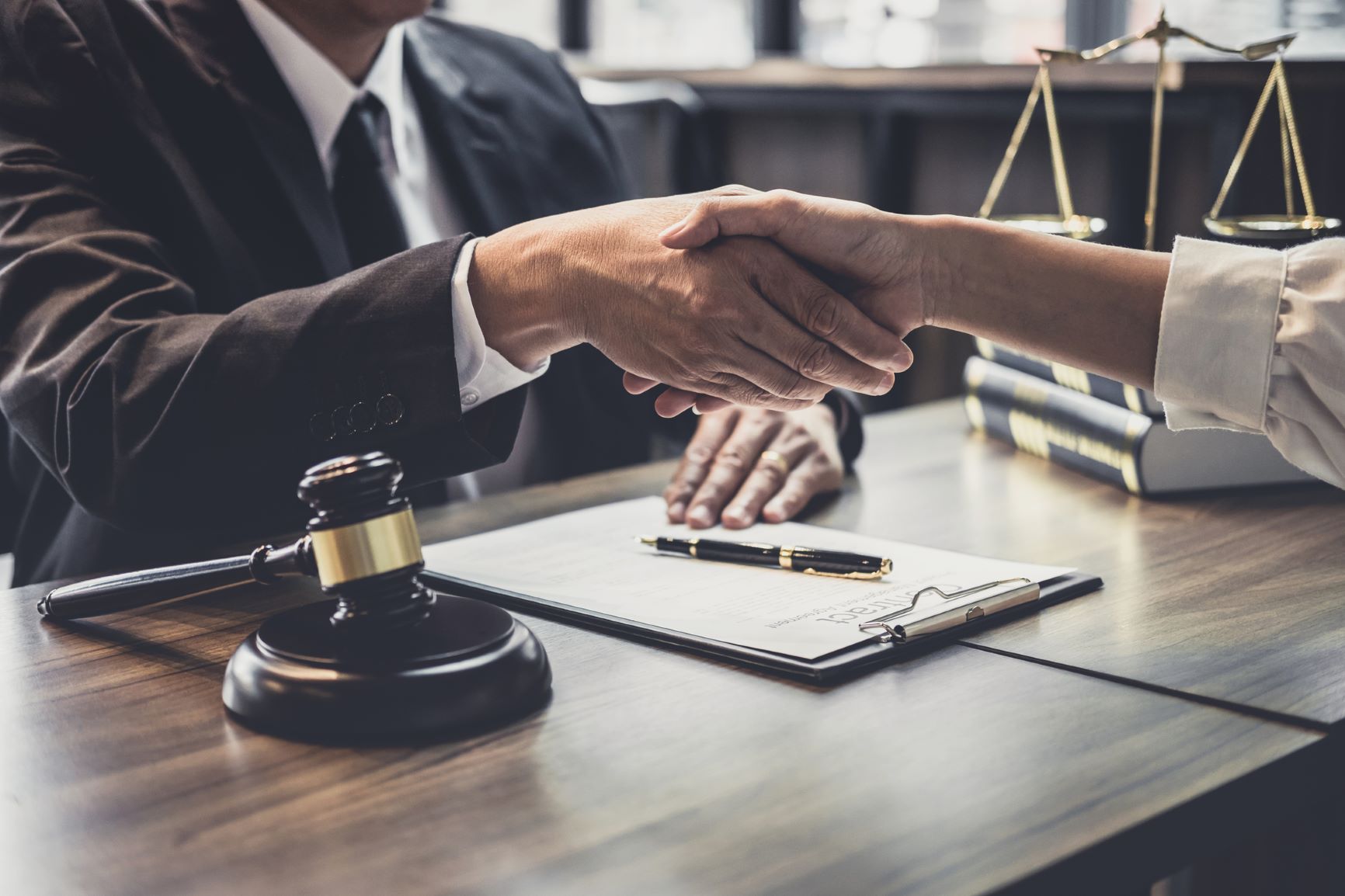
Utilizing an Experienced Attorney Can Help Determine Who Pays for Medical Bills and Car Repairs
If you have been involved in an Indiana car accident, you know just how stressful and frustrating the process of determining who pays for medical bills and car repairs is. You may be unsure of whether you should pay to have your car repaired and pay for your medical expenses upfront with the expectation of being reimbursed, or whether you should wait until you speak to an attorney. Of course, getting the medical treatment you need following an auto accident is extremely important, and not something you should wait on. If you depend on your vehicle for transportation to and from work, then getting your vehicle repaired is also crucial. Now is the time to speak to a CohenMalad, LLP injury lawyer who can answer all your questions, carefully guiding you through the process.
The Process of Determining Who Pays for Medical Bills and Car Repairs
The vast majority of all auto accident claims are settled via negotiations rather than through litigation, particularly once an experienced personal injury attorney is involved. While every case is different, your car accident claim timeline will likely look something like this:
- First, you must make sure your car accident is reported to the local law enforcement who will make a written report of the accident, noting property damage and, in some instances, noting fault.
- Next, everyone involved in the accident should immediately be treated medically—even those who believe they are fine. Injuries often manifest days after the accident, after the adrenaline has worn off.
- Once you are home, you will call your own insurance company to report the accident.
- It is equally important that you keep comprehensive notes regarding your accident and the subsequent medical treatments. Anything you remember regarding the accident should be written down, since it is impossible to know what could potentially help your injury lawyer down the line. This information will help determine who pays for medical bills and car repairs following your accident.
- Since Indiana is a comparative fault state, you will file a third-party claim with the other driver’s insurance company—or have your lawyer handle that task.
- You will likely be asked to get up to three quotes for the repairs to your vehicle. If the quotes are not realistic, your attorney will negotiate with the insurance company to have your car fully repaired.
- Your personal injury attorney will gather all the necessary information and evidence to support your injury claim, including photos of the damage to your vehicle and your person, medical records, testimony from witnesses, and anything else that will support your claim.
- If a fair settlement is not offered by the insurance company, your attorney will draft a demand letter, asking for a specific amount and backing up your claims with evidence.
- Following the demand letter, the insurance company will investigate your claim, and either accept the amount your attorney asks for, or deny it. Your attorney will then negotiate your claim, and, if it can be successfully negotiated then there will be no need to go to court. If the other driver’s insurance company refuses to pay an equitable amount for damages, then your attorney will file a personal injury lawsuit.
What are Factors that May Influence How Fast My Claim is Paid?
It is worth noting that the length of your medical care, how much insurance is available, and who was at fault will all impact how long your settlement negotiations will take. In general, most insurance adjusters will not extend an equitable settlement offer until they are convinced they would not prevail in a trial. As soon as a formal settlement agreement is reached, it is generally about 30 days or less until you receive your payment. Insurance companies are also unlikely to pay a complete and fair settlement amount until the full extent of your injuries and the likelihood of your returning to work are known. For this reason, it’s important to wait until you know the answers to all those questions. If your case goes to trial and you are successful, the defendant usually has 30 days to file an appeal. If an appeal is filed, you are unlikely to receive any payment until the appeal is resolved.
CohenMalad, LLP, Can Help You Following Your Car Accident
The CohenMalad, LLP attorneys will ensure you receive maximum compensation for your injuries and the damages to your vehicle. We have been helping Indiana residents just like you for decades. We believe you deserve a solid advocate in your corner following a car accident and will ensure you receive the compensation you are entitled to. Contact CohenMalad, LLP today.




